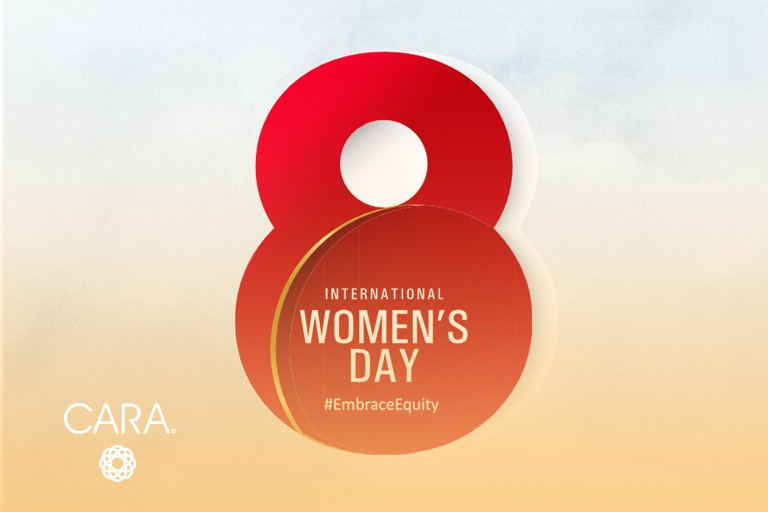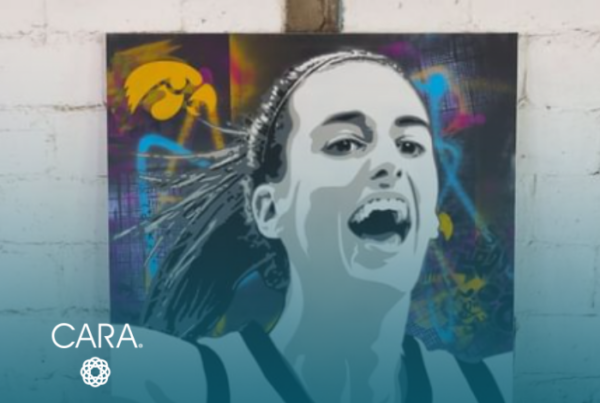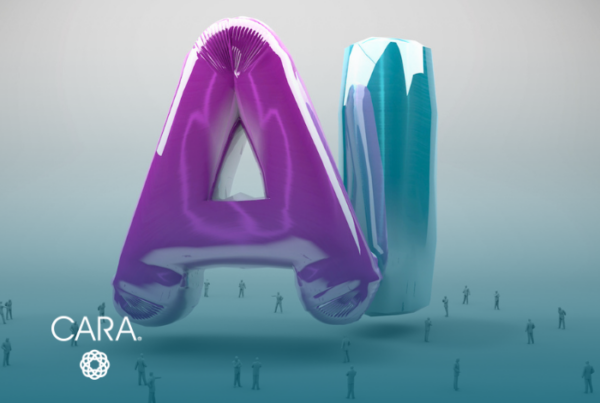
The International Women’s Day theme of #EmbraceEquity couldn’t be more well-timed. As women, we have been committed to, and contributed to, progress for fair and equal treatment in the workplace for decades, but we are now asking for more. More in terms of identification and acknowledgement of accessible opportunities for all demographics: ethnicity, race, gender, disabilities and more. Equality, while important, is no longer enough.
“I love that the 2023 [IWD] campaign puts humanity at its center, emphasizing the importance of seeing and acting in a way that enables the unique and wonderful qualities of our employees to be called out into the light and leveraged for the gifts that they are.”
It starts with the simple fact that we often use the words equality and equity interchangeably, not pausing to acknowledge their distinction. Understanding is at the crux of this topic, and, ironically, when we fail to pause and understand the very difference between these two words, it prevents us from moving beyond where we are today.
Equality vs Equity
Equality simply means everyone is treated the same exact way, regardless of need or any other individual difference. Equity, on the other hand, means everyone is provided with what they need to succeed. At a foundational level, equality and equity are different, but they work together to ensure a level playing field in the workplace.
Equality, while a noble concept, falls short on its own as it presumes that the same opportunity can be accessed by all individuals. By treating everyone the same, employee-specific needs aren’t considered and this impacts the ability for employees to take advantage of opportunities presented in the workplace. Ultimately, equality on its own counterbalances the good work taken to eliminate biases and create inclusivity and instead propagates unconscious bias and the inability for everyone to feel included and create an inclusive culture.
Equity’s focus, on the other hand, is the distribution of resources based upon individual needs. If we truly desire to advocate for, and apply, equity in our workplaces, we, as leaders, must recognize that not all of our employees start out from the same baseline. The reach to access and activate opportunities doesn’t typically look the same for everyone.
Enabling Employees
When we #EmbraceEquity, we, as leaders, see our employees as individuals, asking and considering the who, what, when, where, and why of our employees so we can deliberately create a ”how” that responds to their unique circumstances. This is when we begin to enable our employees’ personal contribution and success in our workplaces.
This is not easy, because, as leaders, it demands that we take time to be present, to listen, and to empathize. It makes it much more complicated, as there are barriers: time, skills, and even our personal comfortability and vulnerability with topics that might be foreign or sometimes that even hit too close to home.
Call to Action
I love that the 2023 campaign puts humanity at its center, emphasizing the importance of seeing and acting in a way that enables the unique and wonderful qualities of our employees to be called out into the light and leveraged for the gifts that they are. The very essence of the campaign name #EmbraceEquity highlights the human need to be brought into the fold, to be seen, to belong. It calls leaders to embrace the challenge of leading from our own humanity and a place of vulnerability to create equitable companies and workplace cultures that can help the world thrive. This is what a focus on equity does.
If we, as leaders, commit to stepping into this space, at our very worst, we will create conditions that result in equitable environments where all can participate and prosper, but at our very best, we will help people achieve their full potential and we can rise together above the ceiling of equality to a place where opportunity knows no limits.
On IWD 2023, how will you #EmbraceEquity?



